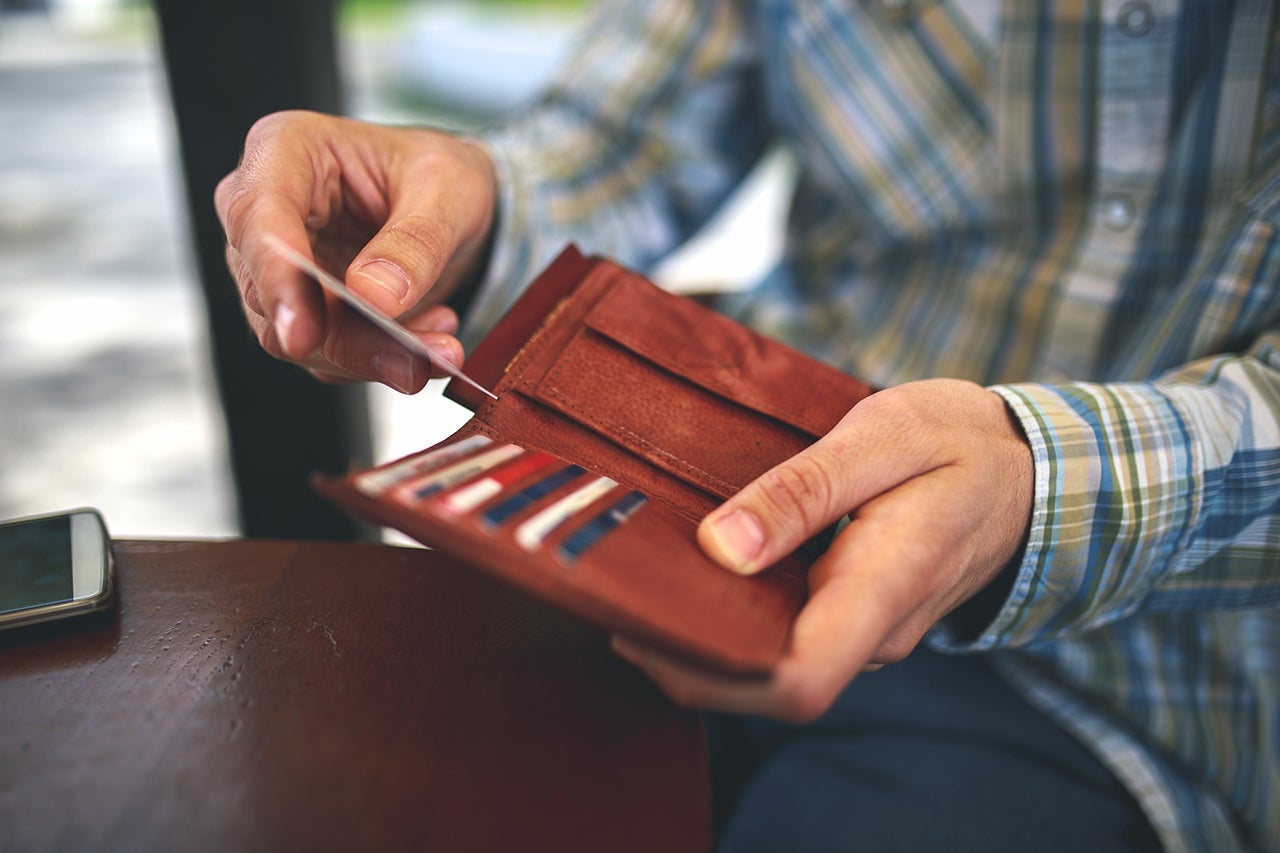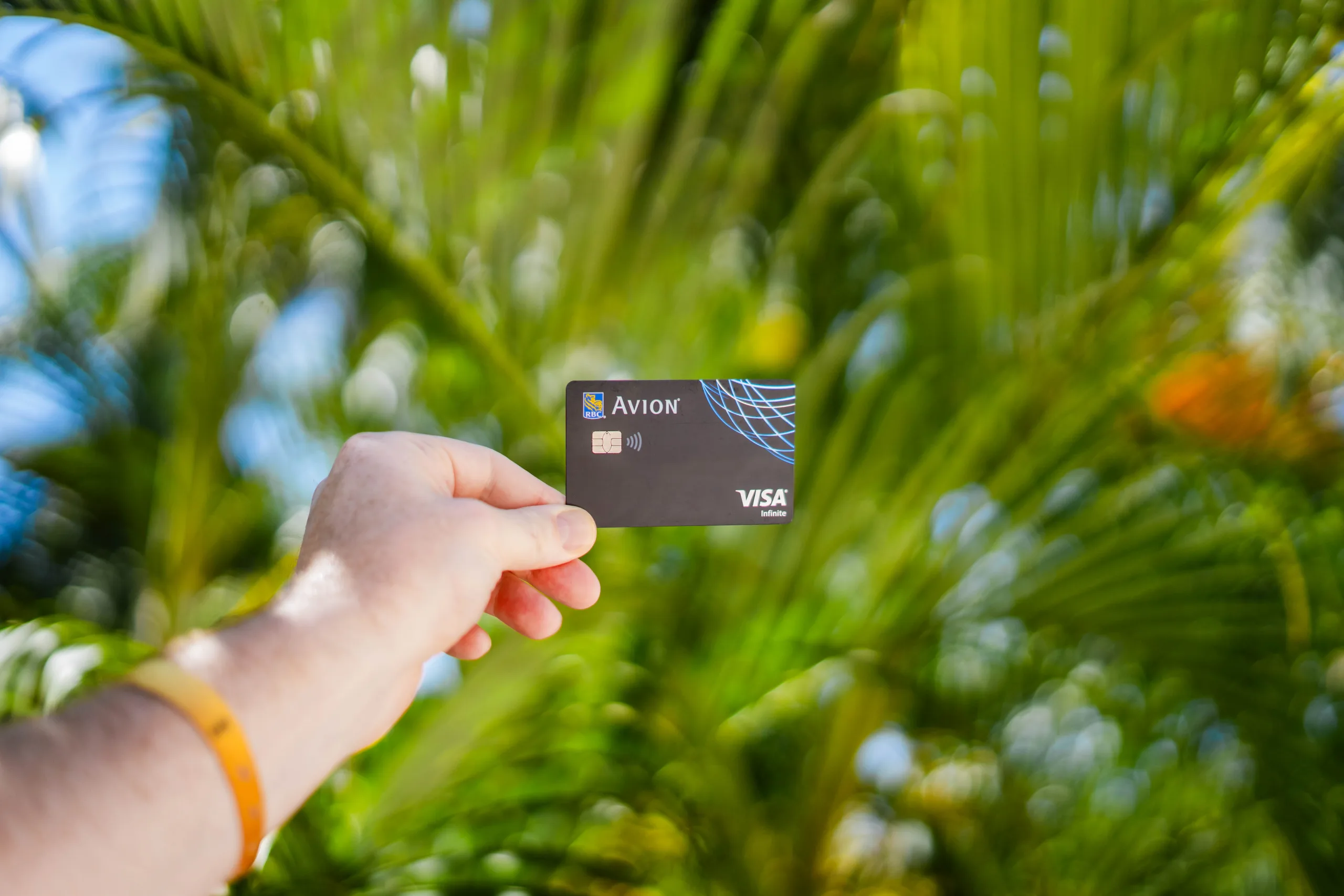College is a new adventure and a huge life step for most young adults. For many, it's also the first taste of financial freedom.
Before I started college, I was told to avoid credit cards like the plague because they can lead to debt and negatively impact my finances in the long term. I took that advice to heart right up until I started researching and learned about the benefits of credit cards and having a good credit score.
I got my first credit card a few weeks after I started my freshman year and haven't looked back since. However, there were some useful things I wish I knew before I dove headfirst into the credit cards world.
Let's look at six common mistakes college students make with credit cards and what you can do to avoid them.
Avoiding credit cards
Credit cards, especially starter credit cards, are great tools for building credit through responsible use. Having a good credit score affords you better interest rates on car loans and mortgages later on down the road.

By avoiding opening credit cards, you are missing out on a valuable way to help build your credit. My recommendation is to get a credit card as soon as you qualify; just make sure you prioritize using it responsibly and paying the balance off in full each month.
Related: Why nearly every purchase should be on a credit card
Misunderstanding how credit cards work
Generally, when a college student opens a credit card, it's their first experience with revolving credit. It was for me. Credit cards are secured or unsecured loans that you can use to make purchases.
You can use the card for pretty much any purchase. Once you make a purchase, each transaction will be listed on your card statement. For example, if you spend $500 on textbooks, you will be responsible for repaying that $500.

Reward your inbox with the TPG Daily newsletter
Join over 700,000 readers for breaking news, in-depth guides and exclusive deals from TPG’s experts
By signing up, you will receive newsletters and promotional content and agree to our Terms of Use and acknowledge the data practices in our Privacy Policy. You may unsubscribe at any time.
If you don't pay this $500 in full before the due date, you will incur interest on the unpaid amount, and you will owe more than you originally spent. Every month, you are required to make at least the minimum payment, but you should always strive to pay your card balance in full.

A credit card has a credit limit, which is the total amount of money you have available. With responsible use and one-time payments, you may raise your credit limit over time. You can also ask the bank to raise your credit limit after some time has passed.
Good habits such as paying off your balance every month, never skipping a payment and staying under 30% of your total credit limit will help you financially in the long run.
Related: How to increase your credit limit
Not paying your card in full each month
Not having a repayment plan when making purchases on your card can lead to interest charges. You should only be spending on your credit card what you can afford to pay back. As a student, you do not want to begin your credit card journey in debt.
TPG's number one credit card commandment is to pay your balance in full each month. By doing so, you'll keep a low credit utilization rate, which is the main factor in achieving a good credit score because it accounts for 30% of your overall score.
We recommend using your credit card only when you have a repayment plan. However, sometimes, life happens and paying your balance in full may not always be possible. If this is the case, at least make the minimum payment to avoid late fees and late payments being added to your credit report.
Related: How do credit scores work?
Choosing the wrong type of credit card
It's easy to open a credit card without doing your research or even to open too many cards without understanding what it means for your wallet. That's especially true for college students who may not understand how credit cards work. With all the advertisements for credit cards around, it's easy to get roped in.
The Credit CARD Act, which was passed in 2009, prohibits credit card companies from aggressively marketing credit cards to college students. However, this act doesn't stop students from making common credit card mistakes.
For your first credit card, we recommend starting with a cash-back rewards card or a secured card.
Cash-back cards allow you to earn a percentage of money back on every purchase you make. Essentially, you receive a small discount on every purchase. These cash back percentages can range from 1% to 5%.
One good starter cash-back card is the Citi Double Cash® Card (see rates and fees. It earns 2% cash back on every purchase — 1% when you make a purchase and 1% when you pay for your purchases.
Additionally, there's the Discover it® Cash Back Credit Card, which was my first credit card. It offers 5% cash back on up to $1,500 with different merchants each quarter you enroll and 1% on all other purchases. Plus, in the first year, Discover will match all the cash back you earn.

Or, you could choose a secured card that requires a cash deposit when you open the account. This deposit serves as collateral and is your credit limit. If you can't get approved for an unsecured card, this is a good option for students with no established credit history.
If you follow good credit habits, banks may offer to refund your deposit and upgrade you to an unsecured card.
My top pick for a secured card is the Discover it® Secured Credit Card. It offers 2% cash back at gas stations and restaurants up to $1,000 in combined purchases each quarter without an annual fee. Cardholders can also check their FICO score for free.
If none of these options are ideal for your specific needs, you could try becoming an authorized user on a parent's or loved one's credit card. This will still build your credit, and you'll have access to spend on the card.
Before you apply for any card, you should do your research.
The information for the Discover it Cashback and Discover it Secured Credit Card has been collected independently by The Points Guy. The card details on this page have not been reviewed or provided by the card issuer.
Related: Best credit cards for college students
Not spending on your card
You should only spend on your credit card if you have the money to repay it. However, not spending at all on your credit card is something you should not practice. This is known as inactivity, and that can lead to your card being closed.
If you've had your credit card for a long time and it's closed, your score will drop because the length of your credit history will be shortened, which counts for 15% of your overall score.

This will also lower your credit utilization rate, as your total available credit limit will drop if your account is closed. All these factors can negatively impact your credit score, so it's best to make occasional purchases on your card to ensure it remains open.
Related: Why never using some of your credit cards may cause you to lose them
Allowing a friend to use your card
In college, sharing is caring, but the one thing you shouldn't share is your credit card under any circumstances. If you let your friend use your card and they make some charges, you're responsible for paying for those charges. Even if your friend says they will pay you back, you will be responsible.
It's also risky to share your credit card with others because it can result in fraud and identity theft.
Related: How to identify and prevent credit card fraud
Bottom line
I recommend getting a credit card when you start college. When used responsibly, it'll help build and grow your credit and set you up for a healthy financial future post-grad. Your future self will be thankful for the steps you take now.



















 English (US) ·
English (US) ·